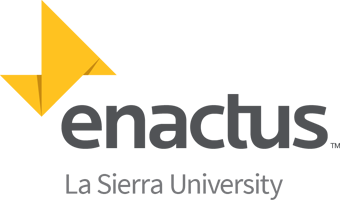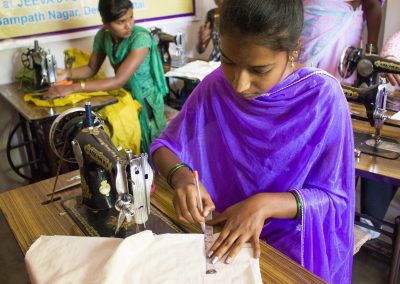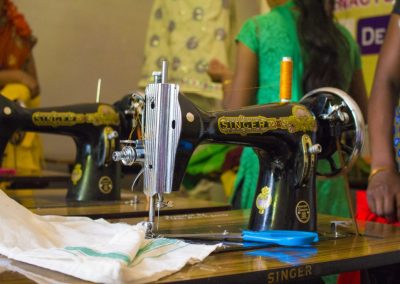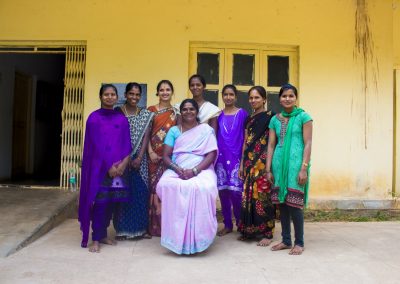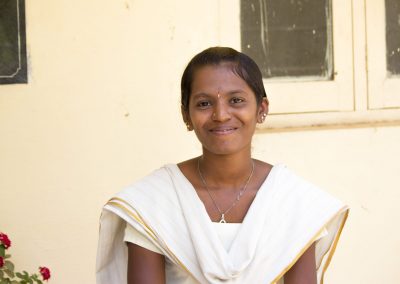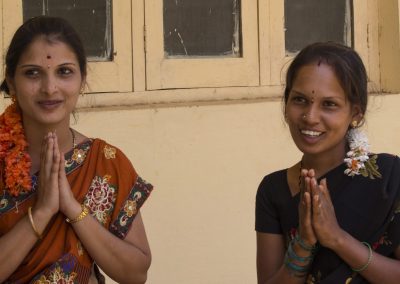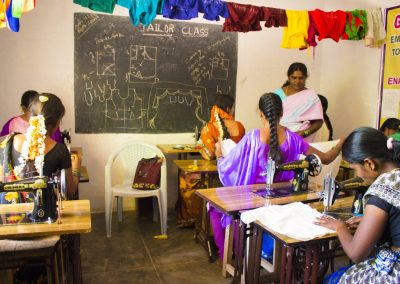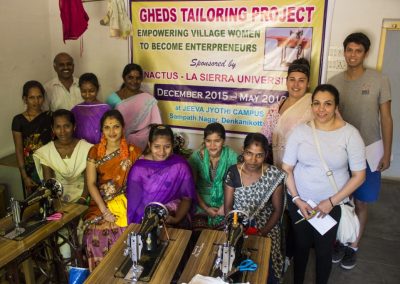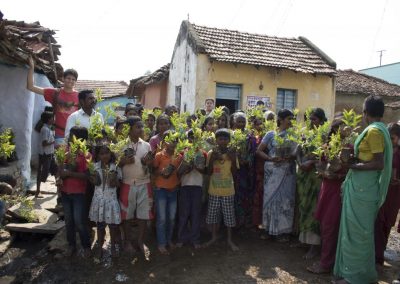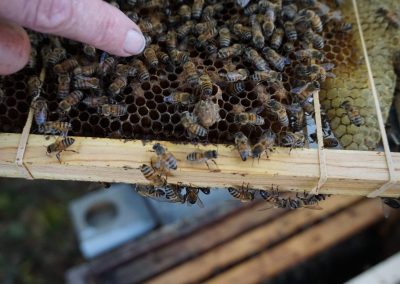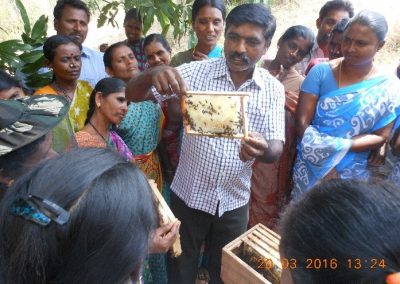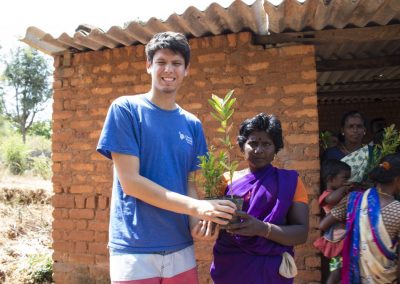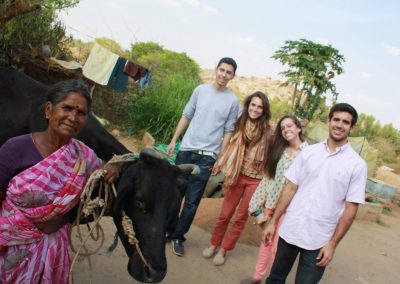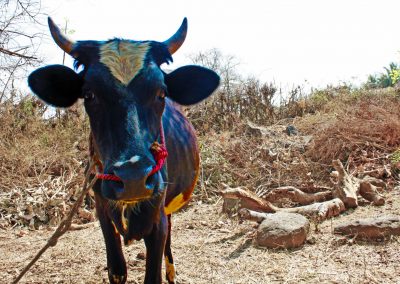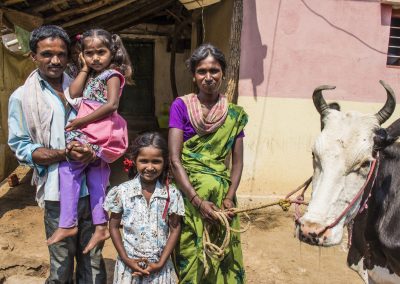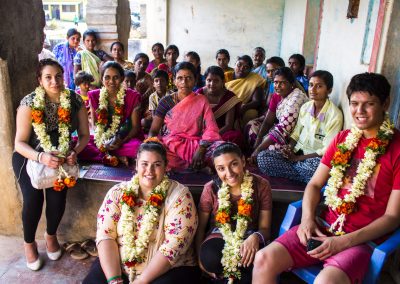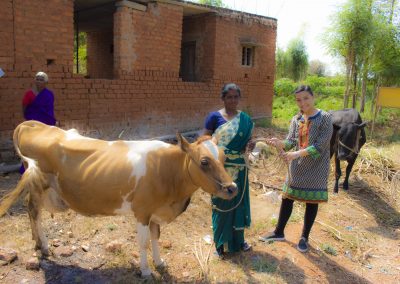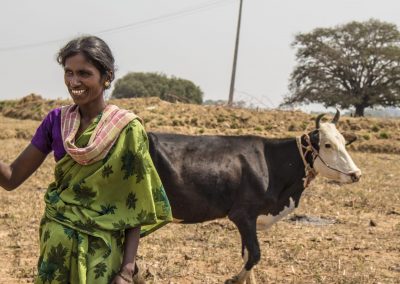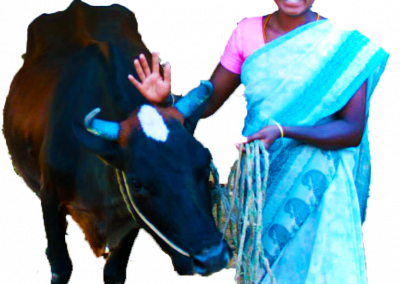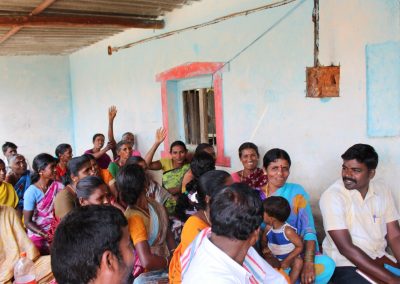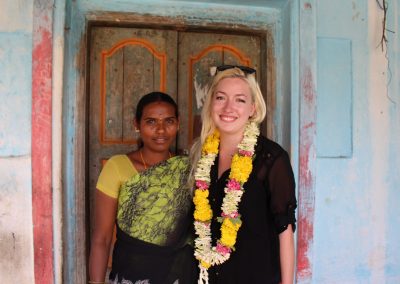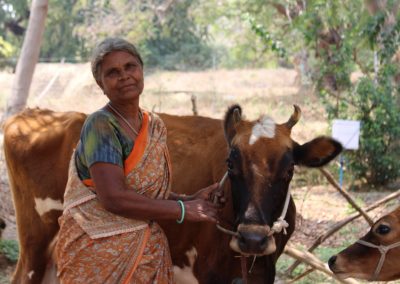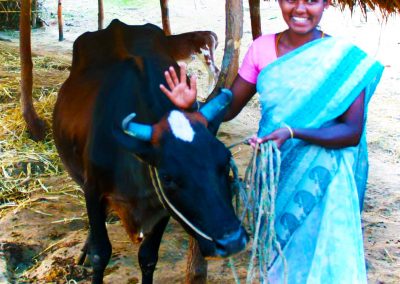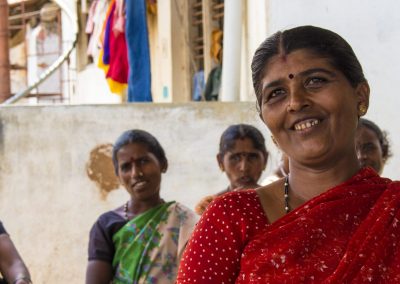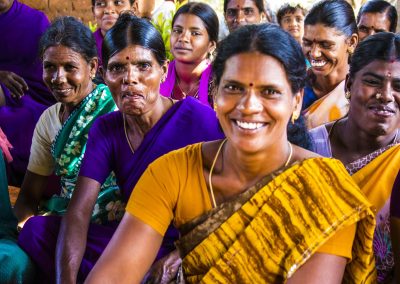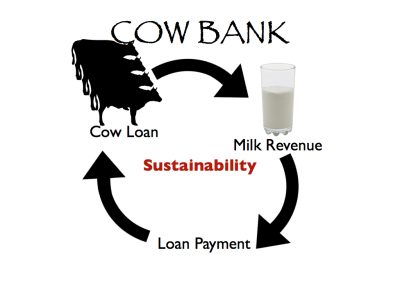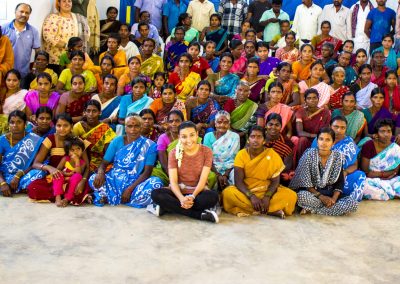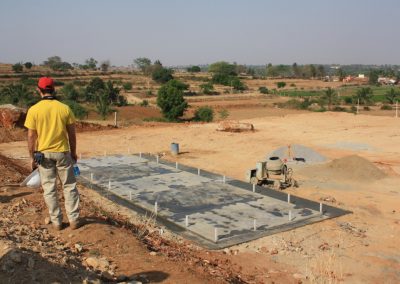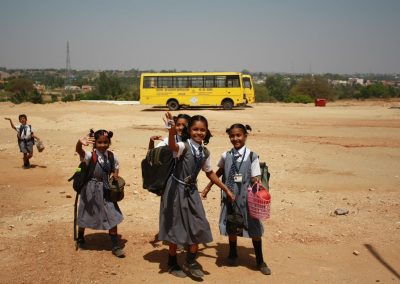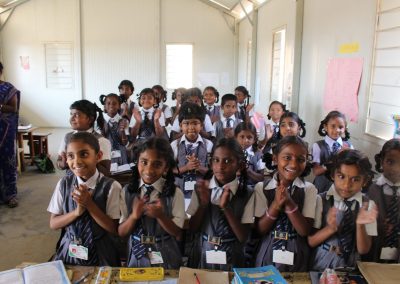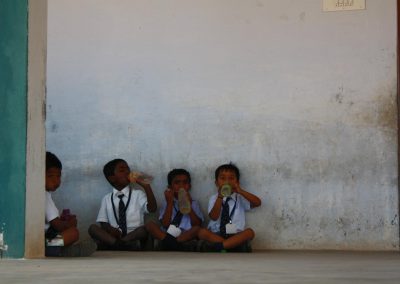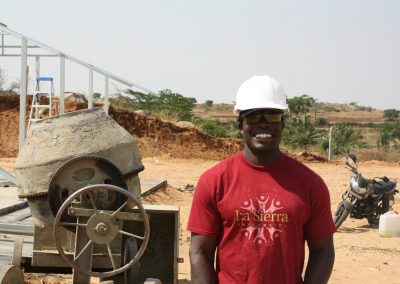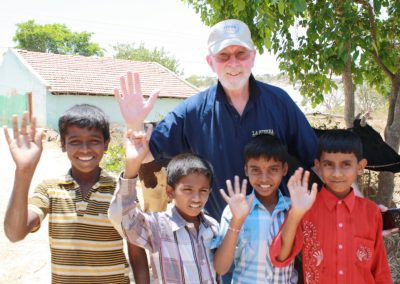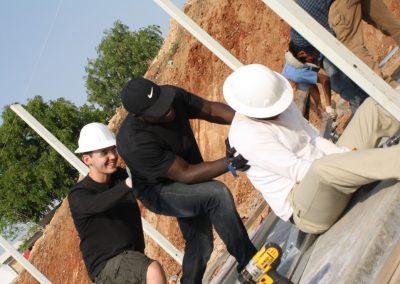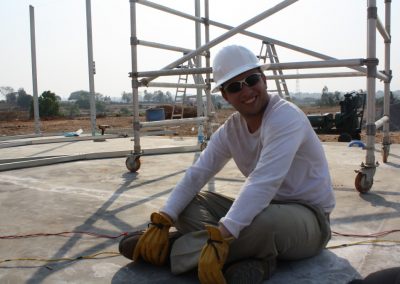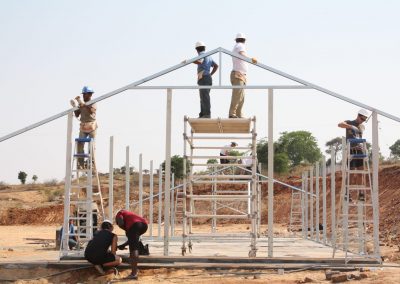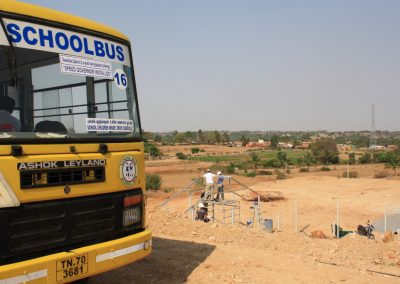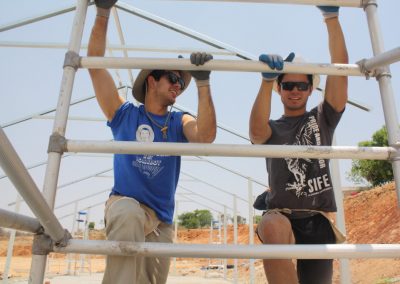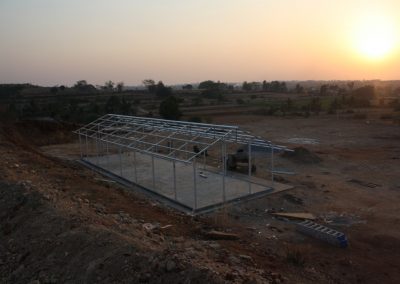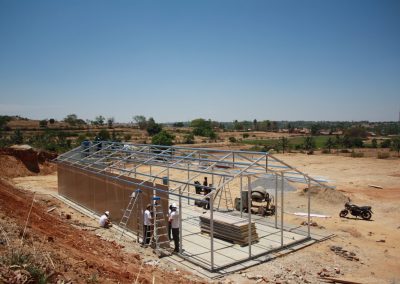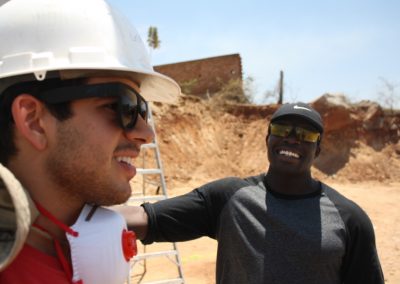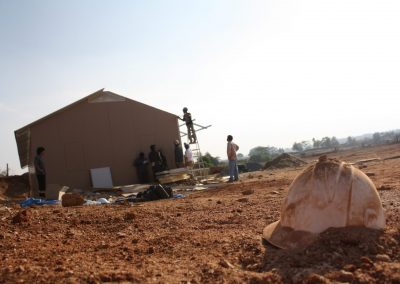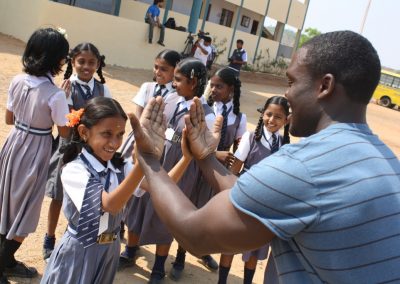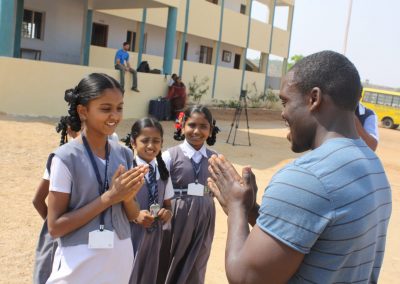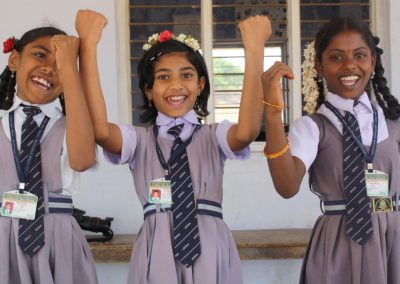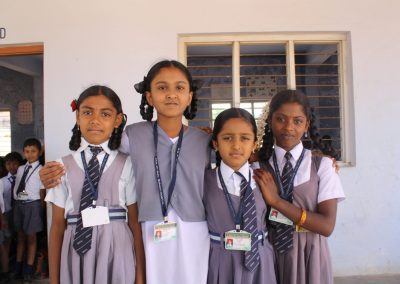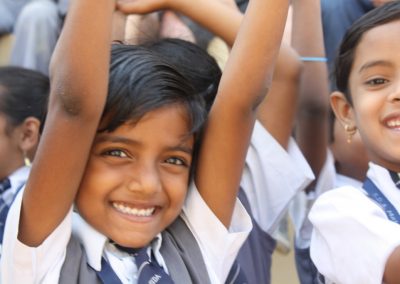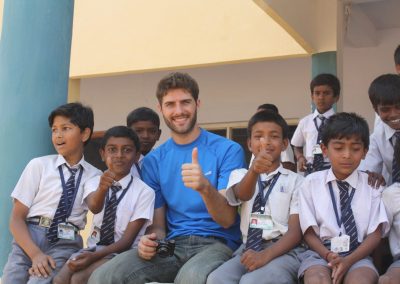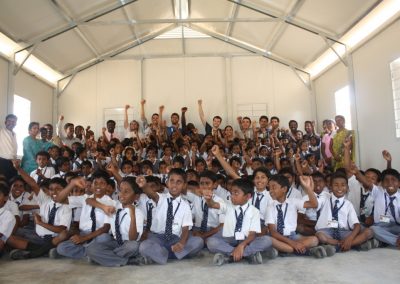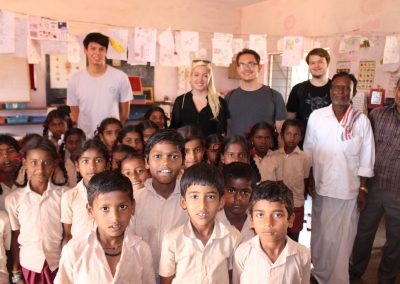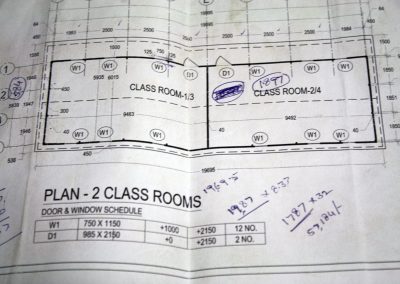India Field Station
The Field Station Model
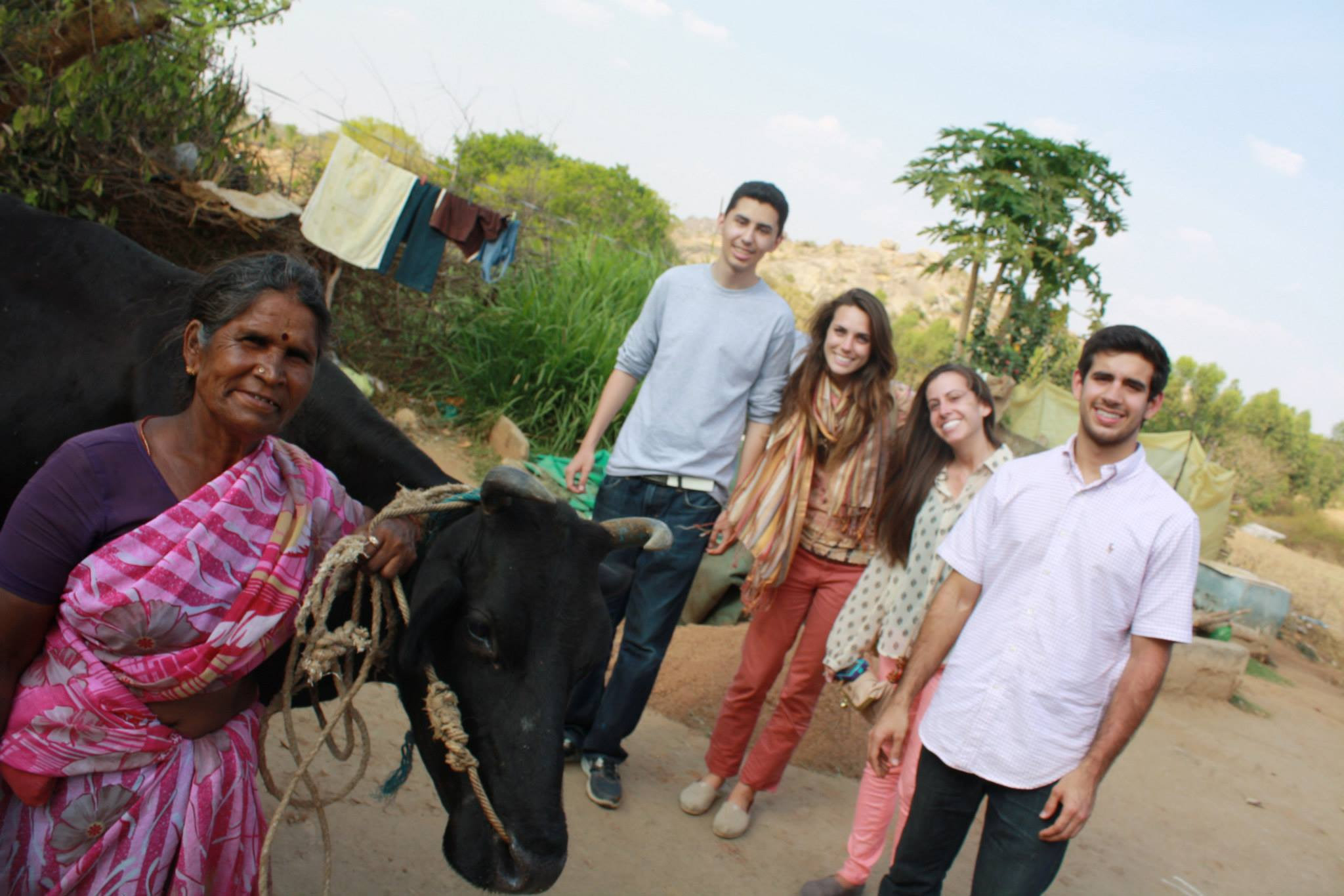
Education
We constructed new classrooms, increasing access to education for over 500 local children.
Health and Wellness
We help local families live better, healthier lives.
Economic Opportunity
We improve livelihoods through entrepreneurial action.
Environmental Sustainability
Our projects make big handprints and leave small footprints.
Tailoring Project 2015-Present
The goal of our India Field Station is to help the holistic development and empowerment of women, their families, and their villages. After seeing the success and impact of our Cow Bank project, we started to look into more ways we could empower the women, this time, by identifying vocational skills that the women in this village could learn for lifelong increased economic advantage.
One of the skills we identified was tailoring. A tailoring teacher was found from the area to teach tailoring systematically by following a prescribed syllabus. A campus was located that can be easily reached by the women, and the program was started. The program is six months long, five days a week, four hours a day. Interested women were then selected for the training program and then using the same microloan system as the Cow Bank they will be given a sewing machine when they are done.
Eco Project 2014-Present
Every day many of the women and their families have to walk through an environment filled with small farms and houses in their search for work or school. Surrounded by the various farms and houses, the surrounding environments can be very barren and green less due to the rapid growth of nearby towns causing much of the greenery to diminish and trash to pile up. However, as the main purpose to create a greener and healthier surrounding the Eco project is helping to create a greener future for the villages we serve.
Composed of three sub projects within the Eco project, the first project was the cleaning of trash within the villages and promoting a cleaner environment. The second project involves the planting of tree saplings. And the third project is our beekeeping skills-training project, the bee keeping is a way for villages to help promote crop health and positively affect the surrounding environment.
Cow Bank Project 2013-Present
For women serving as day laborers in villages throughout Southern India, every day can be a struggle to support even the most basic needs of their families. On the days they can secure work, they make less than $2.00. Did you know that a single cow, milked just twice daily, can generate more than $4.00 per day for one of these same families? But it would take a day laborer one and a half years, saving 100% of their income to purchase that single cow. We close that gap.
We provide women with the loan of a cow, repaid with excess revenue generated by the sale of milk. We even secured agreements with local milk wholesalers, guaranteeing the women a market to sell it. Our sustainable model allows the Cow Bank to transform the lives of twelve more women each year, but why stop there? With your generous support, our team can reach more women in more villages throughout the region!
Denkanikottai School Project – Completed 2012
Education is the key to opportunity for children in India. So, in 2012, when we discovered that hundreds of children per year had to be turned away due only to capacity challenges, we knew we had to act. Our team raised over $36,000 and partnered with Maranatha Volunteers International to expand the village school in Denkanikottai, increasing its capacity to now more than 800 children.
Members of our Enactus team provided labor in the construction of these steel structures and utilized locally-sourced materials to reduce the carbon footprint of the project and support the local economy.
